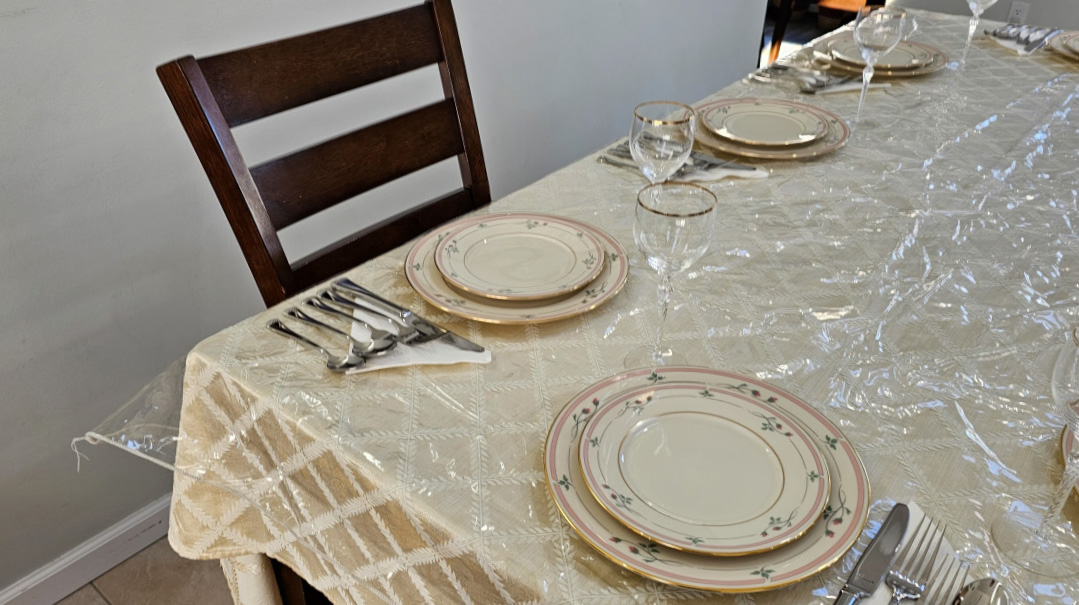Dear Mom and Step-Dad and Daddy and Step-Mommy

During a simchah, which is typically such an exciting time, there’s often an underlying feeling of tension

Dear Mom and Step-Dad
and Daddy and Step-Mommy,
We made it! Baruch Hashem, my siblings and I are all emotionally healthy, contributing members of society in thriving marriages. You were all so loving and supportive over the last 30 years as each of us got married and began our own lives. We can’t begin to tell you how much we appreciate all you have done for us, providing us with emotional and financial support, despite the challenges you’ve been through.
And now it’s our turn to support you. You’re in your seventies now. We want to be there with you, as we were through both of your remarriages, and as you built second marriages and new families for yourselves.
It’s not just about us giving you love and support. It’s actually all your in-law children and grandchildren, too, who love you and want to support you. We all feel close to you. We all call you regularly and involve you in our daily lives.
But if there’s one thing we want you to know, it’s that over Yom Tov, and during simchahs, we feel a lot of pressure. Our time needs to be divided between three, even four sets of parents and parents-in-law. During those times, we need you to understand that we’re all doing our best. We’re trying to juggle making Yom Tov or a simchah, looking after our children, and including all members of our extended family in the occasion — and as our families grow, it becomes more and more exhausting, physically and emotionally.
During a simchah, which is typically such an exciting time, there’s often an underlying feeling of tension. Yes, we sometimes forget to greet someone (usually a stepparent or their family) with the proper enthusiasm, and the seating arrangements get complicated when dealing with divorced family members.
Each Yom Tov has only two main meals, but there are three or four sets of parents to visit. And at a simchah, sometimes the photographer will accidentally forget to photograph one set of parents. And only one set of parents or in-laws can sleep at our house at a time.
We hate to cause any pain to the people we’re so close to. We spend a lot of energy on trying to get it right throughout the entire simchah or Yom Tov. Trust me. Very often, we expend more energy on that than on the simchah or Yom Tov itself.
We can’t possibly split our time exactly evenly. We do our best, I promise you. We love and respect you and feel so close to each of you. And it’s harder for us than you can imagine. It’s even hard for our children, your grandchildren.
Many of the grandchildren don’t even know or understand that you’re divorced, and certainly don’t know why it happened in the first place. It’s not our place to talk about it, so we’d really appreciate it if you didn’t bad-mouth each other. It would be hard for our kids to feel there’s tension between their grandparents. And we know it’s not easy for you to be in the same room as your former spouse during the simchah. We appreciate that.
Please understand that we love you so much. We embraced your new spouse and your new family. But there will be times that we don’t get it 100 percent right. Please remember that we’re doing our best. And with a little flexibility and a lot of compassion for our delicate situation, there’s room for everyone in the room to shep nachas.
Thanks for understanding,
Your 42-year-old daughter (who was 12 when her parents divorced)
(Originally featured in Family First, Issue 889)
Oops! We could not locate your form.







